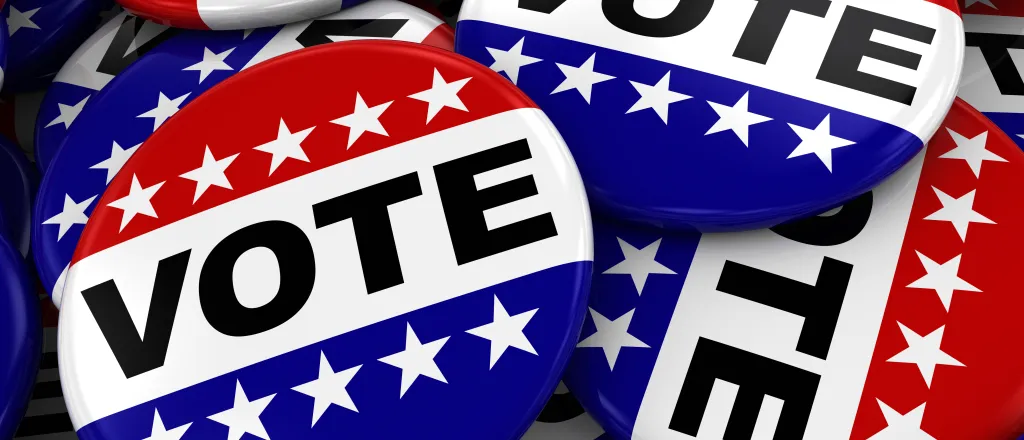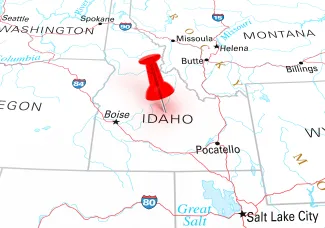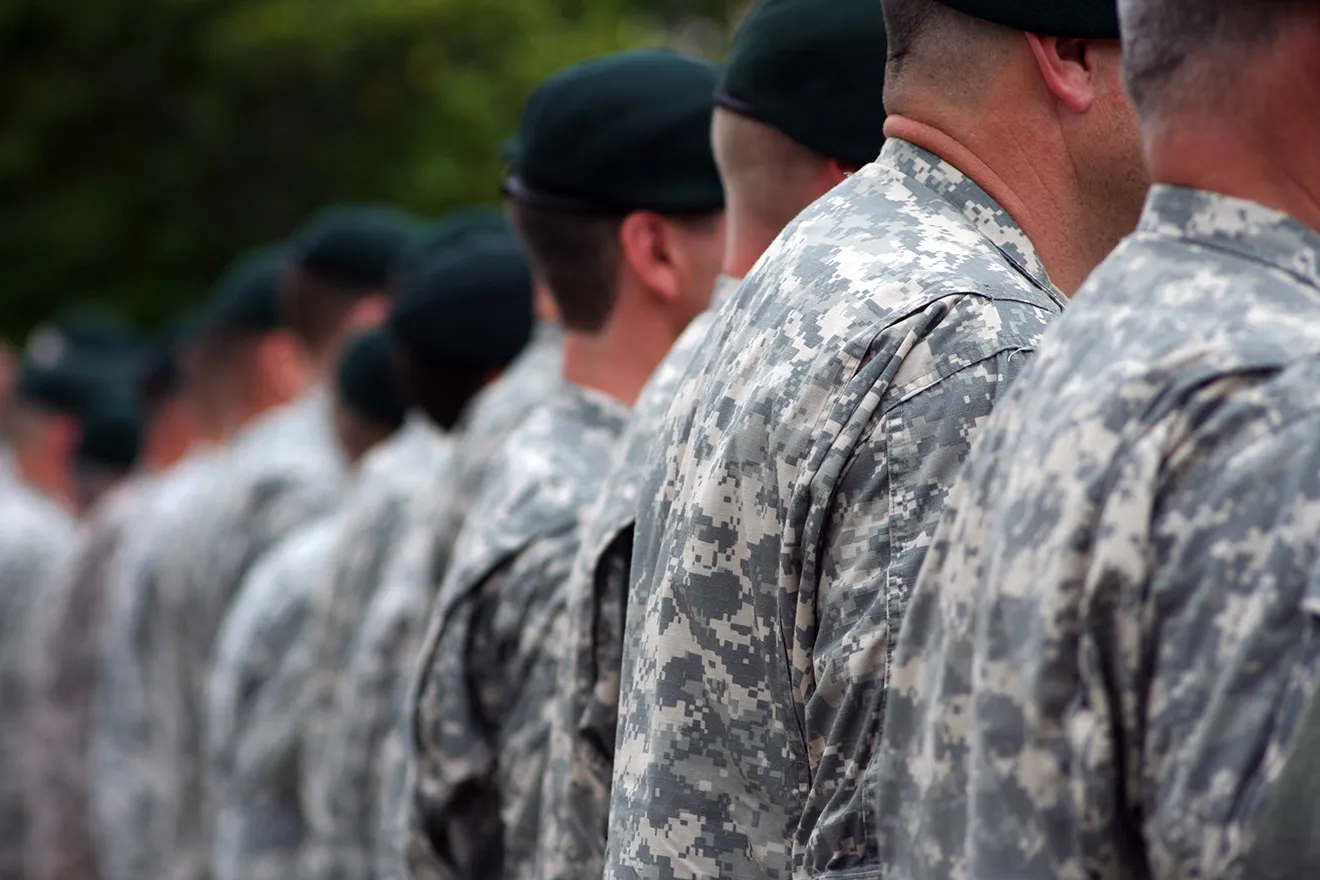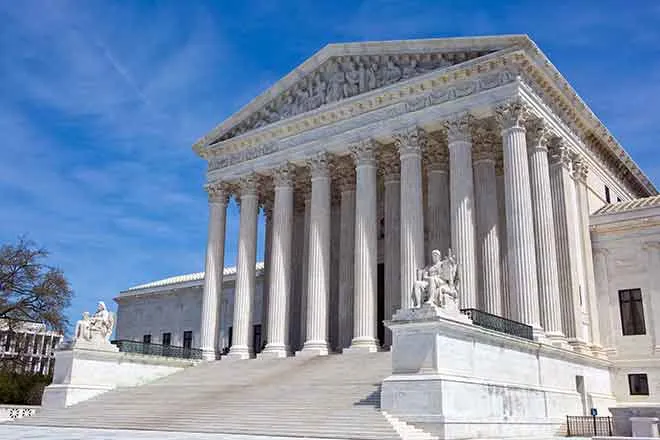
Idaho could boost local election turnout with timing change
© iStock
Click play to listen to this article.
(Northern Rockies News Service) A trio of mountain west states has similar politics and geography, but one far outpaces its neighbors in voter turnout. Voting numbers in Wyoming are about twice those of neighboring Idaho for local elections. Wyoming also encourages more voters to the polls for local races than Montana, where residents have been historically active in elections.
Alan Durning, executive director of the Sightline Institute, claims there is a simple reason.

"Wyoming schedules its local elections on the same date and the same ballot as national elections. Idaho and Montana hold their local elections in odd years at odd times when far fewer people are motivated to participate," he explained.
Sightline Institute data show turnout for 2022 municipal elections in Wyoming was about 37 percent. In Idaho's 2021 local elections, turnout was about 19 percent. Durning says moving elections to even-numbered years could boost engagement in Idaho. However, critics say long ballots could lead voters to lose interest as they get down to local races.
Durning said there are advantages to consolidating elections. His organization estimates Idaho could save about $2.5 million per year if it switched. Durning says even-year elections also increase participation from working-age voters and communities of color.
"Wyoming also gets a more representative turnout. That is, the people who are showing up are closer to the profile of the voters in that place, and one of the results of that is better accountability of local elected officials to the true wishes of the public in their jurisdiction," he explained.
Durning added consolidating elections might decrease the influence of special interests as well.
"There's academic research that shows that low turnout elections tend to give a little more power to the best organized - so to business lobbies or to public employee unions. When the turnout increases, it dilutes the extra influence that those organized interests in the jurisdiction have," he said.

















